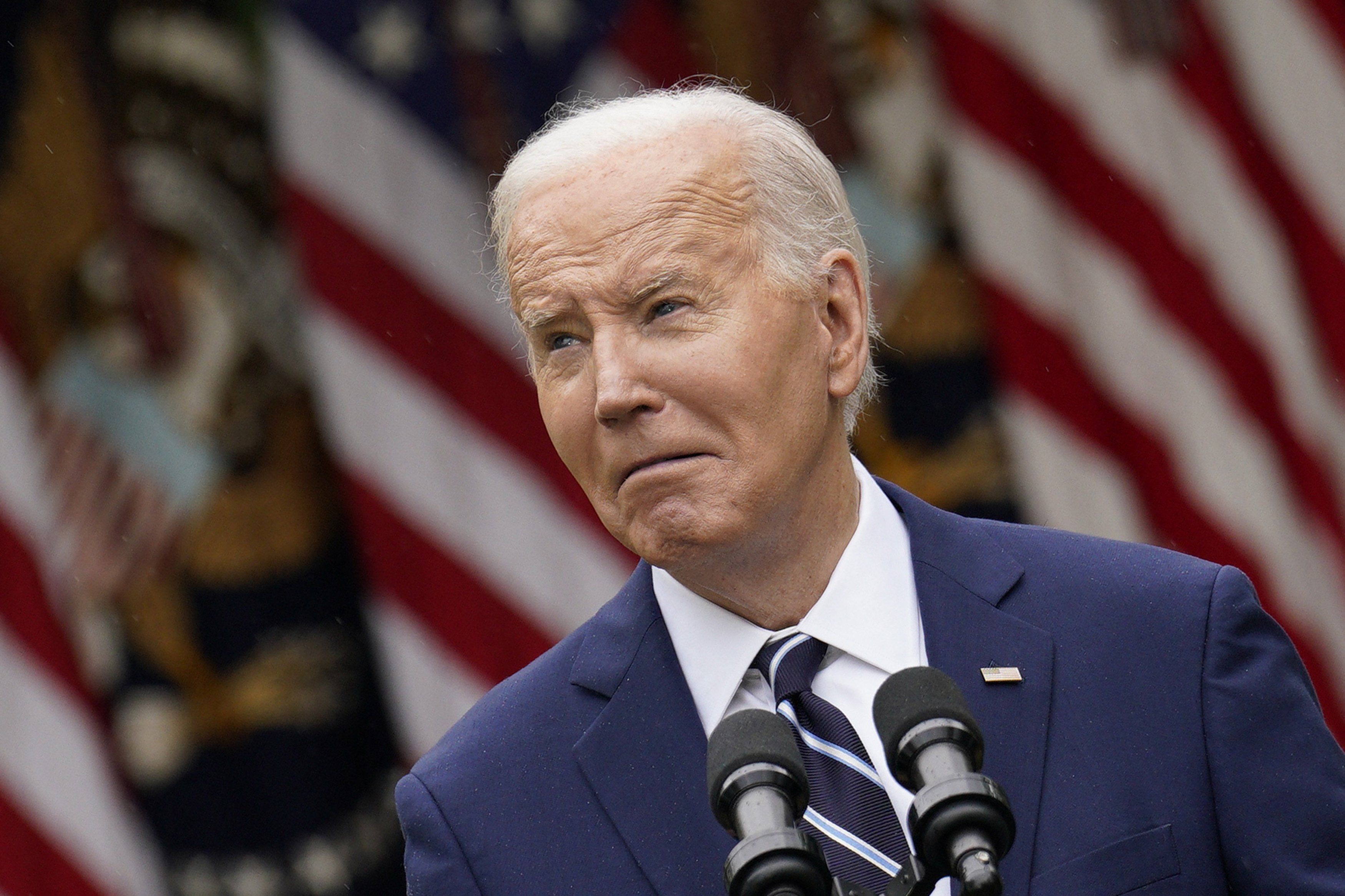President Joe Biden is facing pressure as House Republicans press for a bill to chastise the administration for its Isreal policy, despite White House plans to go ahead with a $1 billion arms deal for the Jewish state.
What likely concerns Biden more than Republican censure, however, are the Gen Z voters — upset with his support for Israel — who may decide to park their votes elsewhere, or simply stay home on Election Day. Foreign policy crises like this are the last thing Biden’s approval rating needs.
North of the border, increasingly unpopular Prime Minister Justin Trudeau is facing a similar challenge as younger voters, activists, and Muslim voters consider abandoning the governing Liberals even after the government adopted a partial arms embargo on Israel.
Biden and Trudeau’s best hope is that while voters, especially younger ones, care about Gaza, it may not be their central issue of concern. Most young voters, and voters of all ages, care more about the economy and cost of living. Still, it may not matter for Trudeau, who is as many as 20 points behind Conservative opponent Pierre Poilievre, or Biden, who polls eight points behind Trump on the economy.
